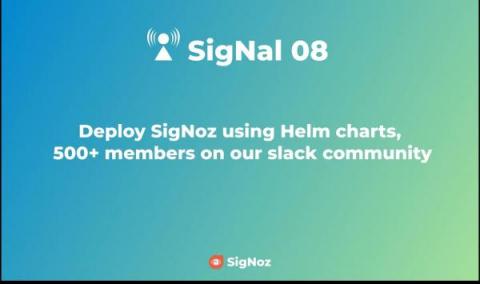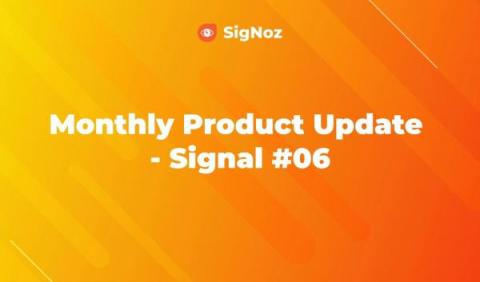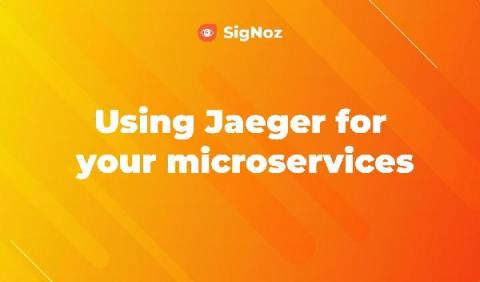Deploy SigNoz using Helm charts, 500+ members on our slack community - SigNal 08
Welcome to SigNal 08, and the last SigNal issue of 2021! 🥳 This month, we made numerous PRs improving our product experience, added new awesome contributors, and launched a new initiative to discover better UX for our users. We also crossed 500+ members on our Slack community! 🥳 Wrapping up 2021, let’s see what Humans at SigNoz were up to in the month of December!











